43 identification tests for minerals are based on their
List of mineral tests - Wikipedia Mineral tests are several methods which can help identify the mineral type. This is used widely in mineralogy, hydrocarbon exploration and general mapping. There are over 4000 types of minerals known with each one with different sub-classes. Elements make minerals and minerals make rocks so actually testing minerals in the lab and in the field is essential to understand the history of the rock ... Chapter 2 - Minerals Flashcards | Quizlet Identification tests for minerals are based on their a. scientific names b. physical and chemical properties c. value as ores d. value as gems b. physical and chemical properties A mineral's hardness with respect to other minerals can be determined by a. it's specific gravity b. it's cleavage planes c. the Mohs scale of mineral hardness d. it's ...
Chapter 4: Minerals Flashcards | Quizlet Chapter 4: Minerals. Term. 1 / 58. What is a mineral? Click the card to flip 👆. Definition. 1 / 58. A mineral is a naturally occurring, inorganic solid with a specific chemical composition and a definite crystalline structure. Click the card to flip 👆.

Identification tests for minerals are based on their
Identifying Minerals | Geology | | Course Hero Minerals are classified according to their chemical properties. Except for the native element class, the chemical basis for classifying minerals is the anion, the negatively charged ion that usually shows up at the end of the chemical formula of the mineral. For example, the sulfides are based on the sufur ion, S 2-. PDF Mineral Identification Tests - Council Rock School District causes many minerals to have a variety of colors. Fluorite is one mineral with many colors. It can be purple, blue, white, or any shade in between these. Quartz can also be clear, white, pink or dark colored. The variety of colors in most minerals makes color a very unreliable test for identifying minerals. Mineral Identification Tests Flashcards | Quizlet The scale that is used to rate the hardness of every mineral on Earth, from 1 (softest) to 10 (hardest). streak. In this test, a mineral is rubbed across a porcelain plate (tile) and you look at the color of the mark that the mineral made on the tile. texture. This physical property describes how a mineral feels - smooth or rough.
Identification tests for minerals are based on their. 4.6: Identifying Minerals - Geosciences LibreTexts Figure 4.6.5: Some minerals have different streaks than their visual color. Streak examines the color of a powdered mineral and can be seen when a mineral sample is scratched or scraped on an unglazed porcelain streak plate. A paper page in a field notebook may also be used for the streak of some minerals. Identification tests for minerals are based on their? - Answers What are the 5 method of identification for minerals based on their properties? 1. COLOR 2. HARDNESS. 3. LUSTER. 4. CLEAVAGE. 5. Specimen Identification Guide | Public - Clemson University The following is designed to help you identify common rocks and minerals found in the Upstate of SC and surrounding areas. You will find some practical information about identifying minerals and you will be guided through a few simple tests you can do at home that will assist you with narrowing the possible identification of your specimen(s). Chapter 4 Earth Space Flashcards | Quizlet T/F because color is unique to all minerals, it is always useful in mineral identification. False. The color of a mineral in its _____ form is called a streak. Powdered. ... Identification tests for minerals are based on their. Physical and chemical means. The appearance of milky Quartz is caused by.
Environmental Science Speedback #2 Flashcards | Quizlet Study with Quizlet and memorize flashcards containing terms like A valuable mineral prized for its rarity and beauty is called a a. crystal. b. magma. c. a gem. d. silicate., A mineral that contains a useful substance that can be mined for profit is called a. ore. b. magma. c. crystal. d. a gem., A naturally occurring, inorganic solid with specific chemical composition and crystalline ... Easy Step-by-Step Mineral Identification (Expert Explains) Mineral identification is based on the testing of the physical properties and morphology of crystals. Luster, hardness, and color are helpful to identify minerals in the field. ... Here is a table with a list of very common minerals and their typical characteristics, which help to identify a sample quickly. For example, pyrite's unique ... minerals study guide Flashcards | Quizlet Study with Quizlet and memorize flashcards containing terms like identification tests for minerals are based on their?, The appearance of milky quartz is caused by?, A mineral's hardness with respect to other minerals can be determined by and more. How to Identify Minerals in 10 Steps - ThoughtCo Scratch your mineral across the streak plate with a scribbling motion, then look at the results. Hematite, for example, will leave a red-brown streak. Bear in mind that most professional streak plates have a Mohs hardness of about 7. Minerals that are harder will scratch the place and won't leave a streak. 06.
PDF Lab 9 - Mineral Identification - Texas A&M International University Lab 9 - Mineral Identification ... The materials that Geologist's use to test mineral hardness are a set of minerals of ... where 1 is the softest mineral possible and 10 is the hardest known mineral. The ten minerals and their hardness numbers are listed below: 1 talc 2 gypsum 3 calcite 4 fluorite 5 apatite 6 orthoclase (a common form of ... Reading: Physical Characteristics of Minerals | Geology - Lumen Learning The physical properties of minerals are related to their chemical composition and bonding. Some characteristics, such as a mineral's hardness, are more useful for mineral identification. Color is readily observable and certainly obvious, but it is usually less reliable than other physical properties. Using Characteristics of Minerals to Identify Them Specific gravity is the ratio between the mass (weight) of a mineral and the mass (weight) of an equal volume of water. A mineral's specific gravity (SG) can be determined by dividing its weight in air by the weight of an equal volume of water. For instance, quartz with a density of 2.65 is 2.65 times as heavy as the same volume of water. Identifying Rocks and Minerals | Science project | Education.com Check out your rock identification skills by conducting tests on mystery rocks. Problem: Based on mineral tests, try to determine the properties of different mystery rocks. Download Project. Grade. ... Some Common Minerals and Their Properties . Mineral . Luster. Hardness . Streak . Specific Gravity . Graphite. Metallic. 1.
How to Identify Minerals: A Helpful Guide (With Pictures) Fill your container with water high enough to submerge the specimen. Place the container on the scale and 0 out the scale. Tie a string around the specimen. Hold the string and suspend the specimen in the water. Record the weight displayed on the scale. Divide the number from step 1 by the number in step 6.
Can you identify my rock or mineral? | U.S. Geological Survey Rocks and minerals must be examined in person from all perspectives for accurate identification; they are extremely difficult to identify through photographs. You will get the best results by taking your rock or mineral to a local source where it can be handled and examined closely. Possibilities include: Your state geological survey. A natural ...
Mineral Identification Tests Flashcards | Quizlet The scale that is used to rate the hardness of every mineral on Earth, from 1 (softest) to 10 (hardest). streak. In this test, a mineral is rubbed across a porcelain plate (tile) and you look at the color of the mark that the mineral made on the tile. texture. This physical property describes how a mineral feels - smooth or rough.
PDF Mineral Identification Tests - Council Rock School District causes many minerals to have a variety of colors. Fluorite is one mineral with many colors. It can be purple, blue, white, or any shade in between these. Quartz can also be clear, white, pink or dark colored. The variety of colors in most minerals makes color a very unreliable test for identifying minerals.
Identifying Minerals | Geology | | Course Hero Minerals are classified according to their chemical properties. Except for the native element class, the chemical basis for classifying minerals is the anion, the negatively charged ion that usually shows up at the end of the chemical formula of the mineral. For example, the sulfides are based on the sufur ion, S 2-.

:max_bytes(150000):strip_icc()/sbsminid10-58b59f293df78cdcd8781ad3.jpg)


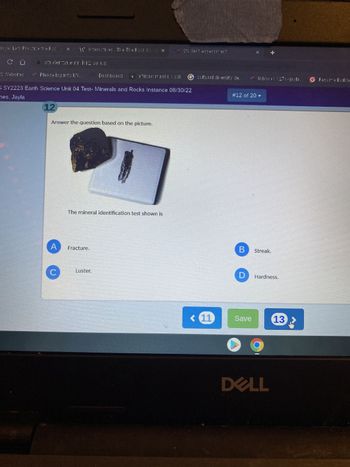


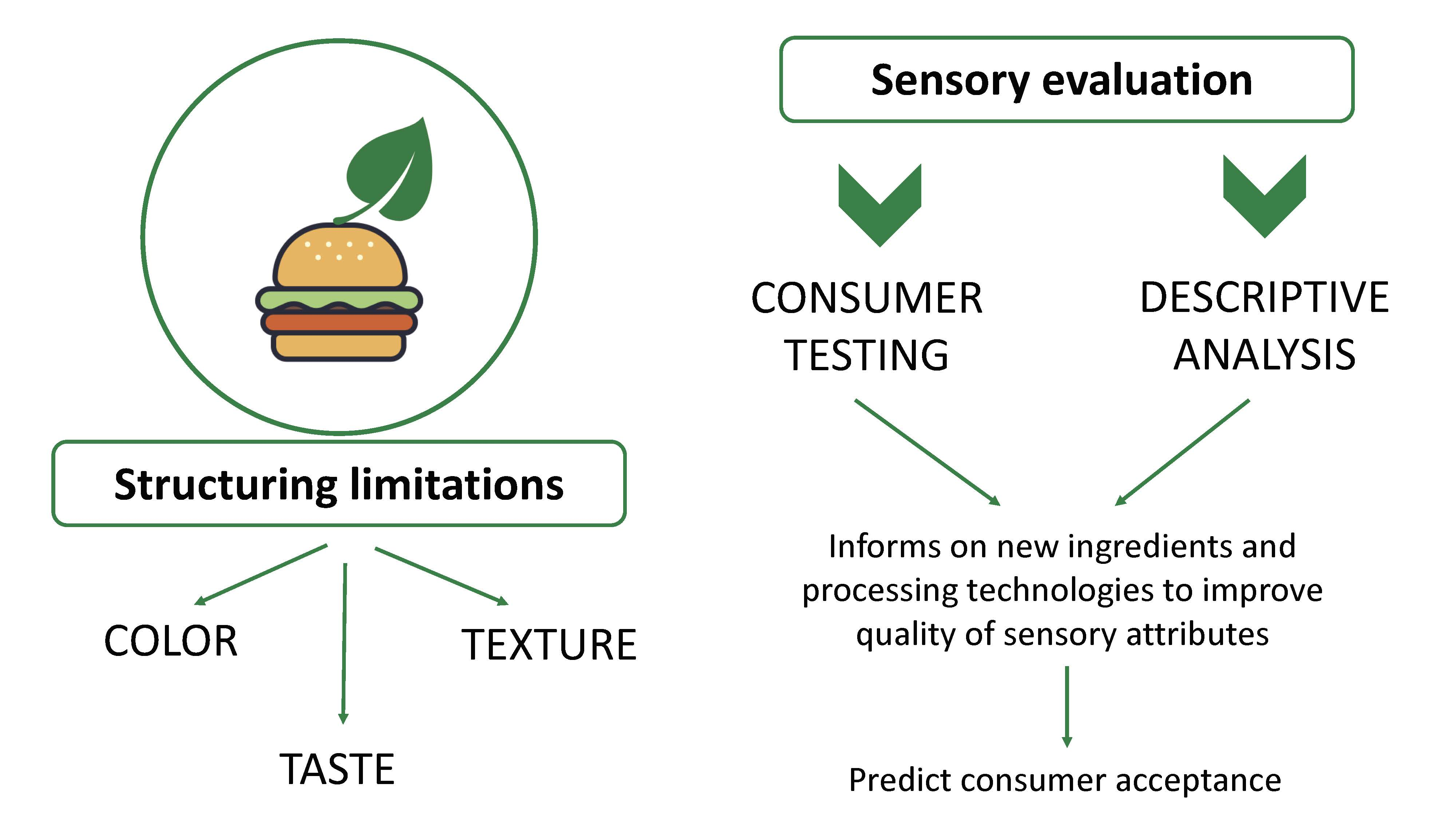

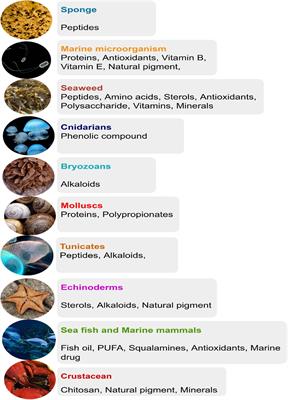




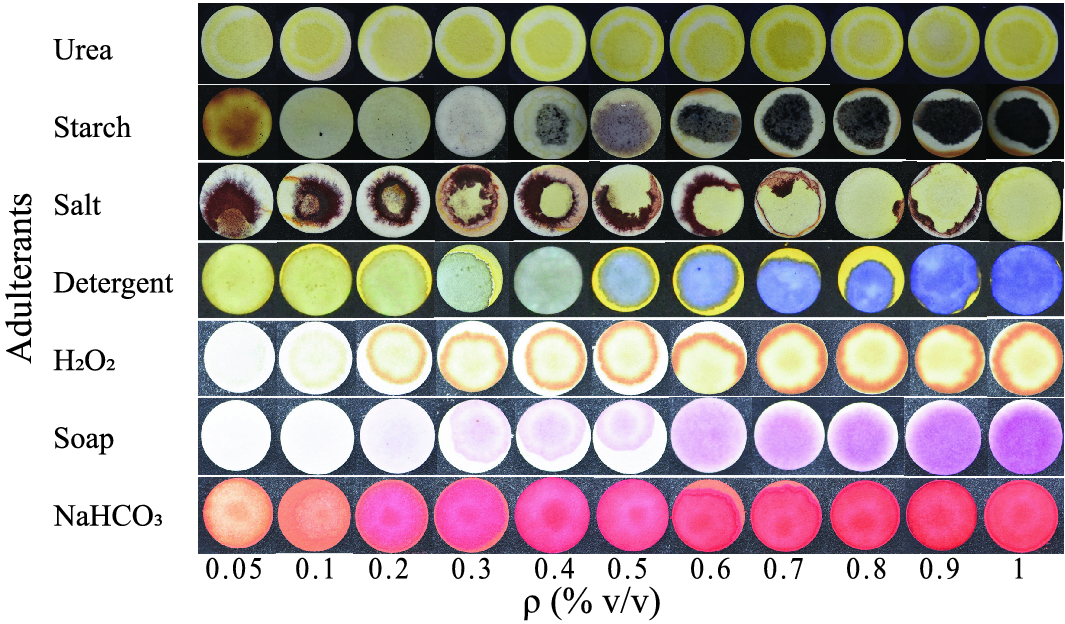




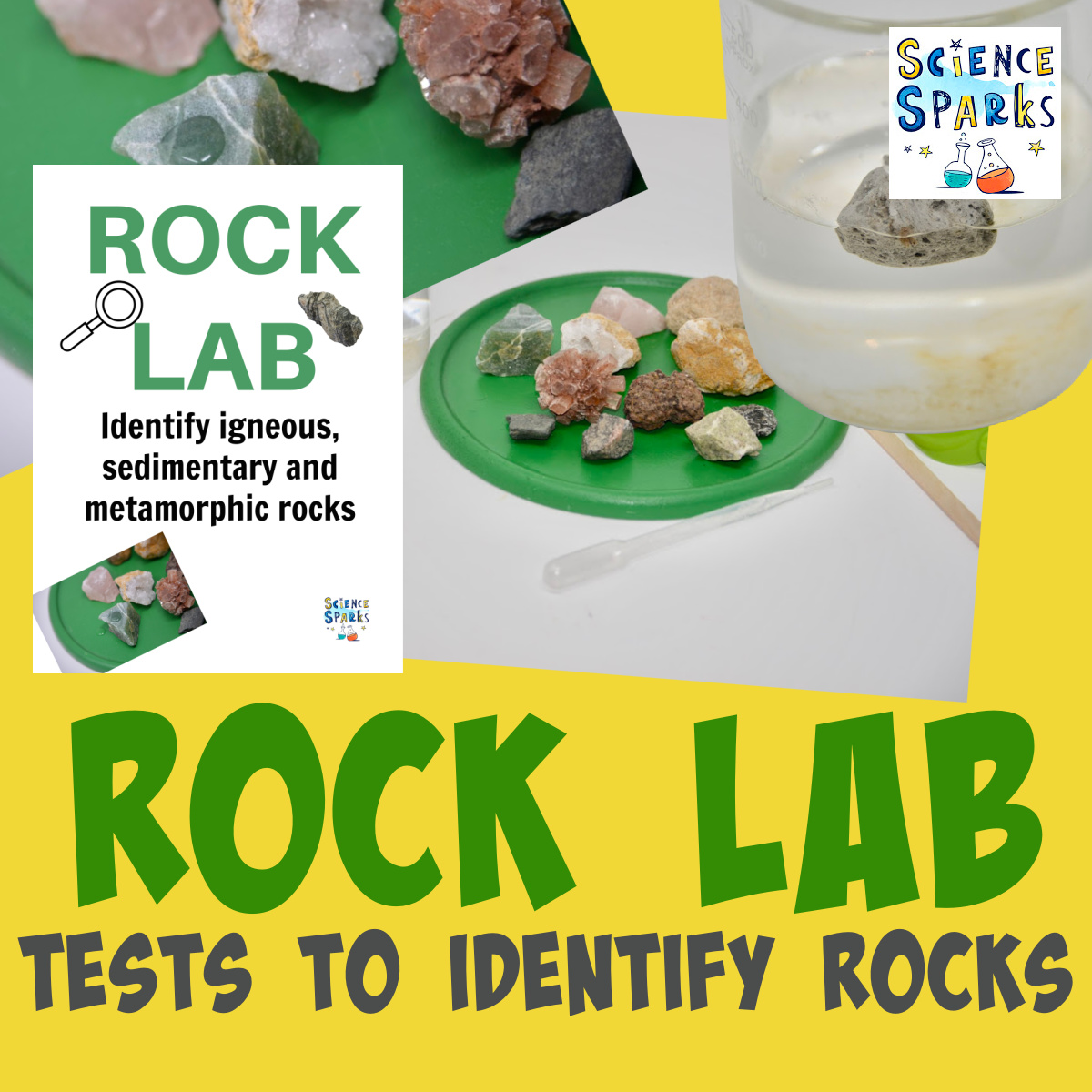




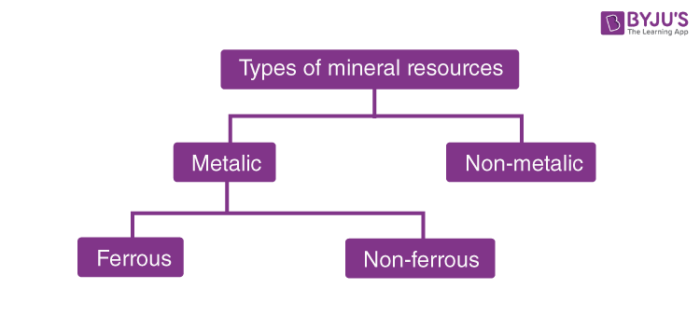
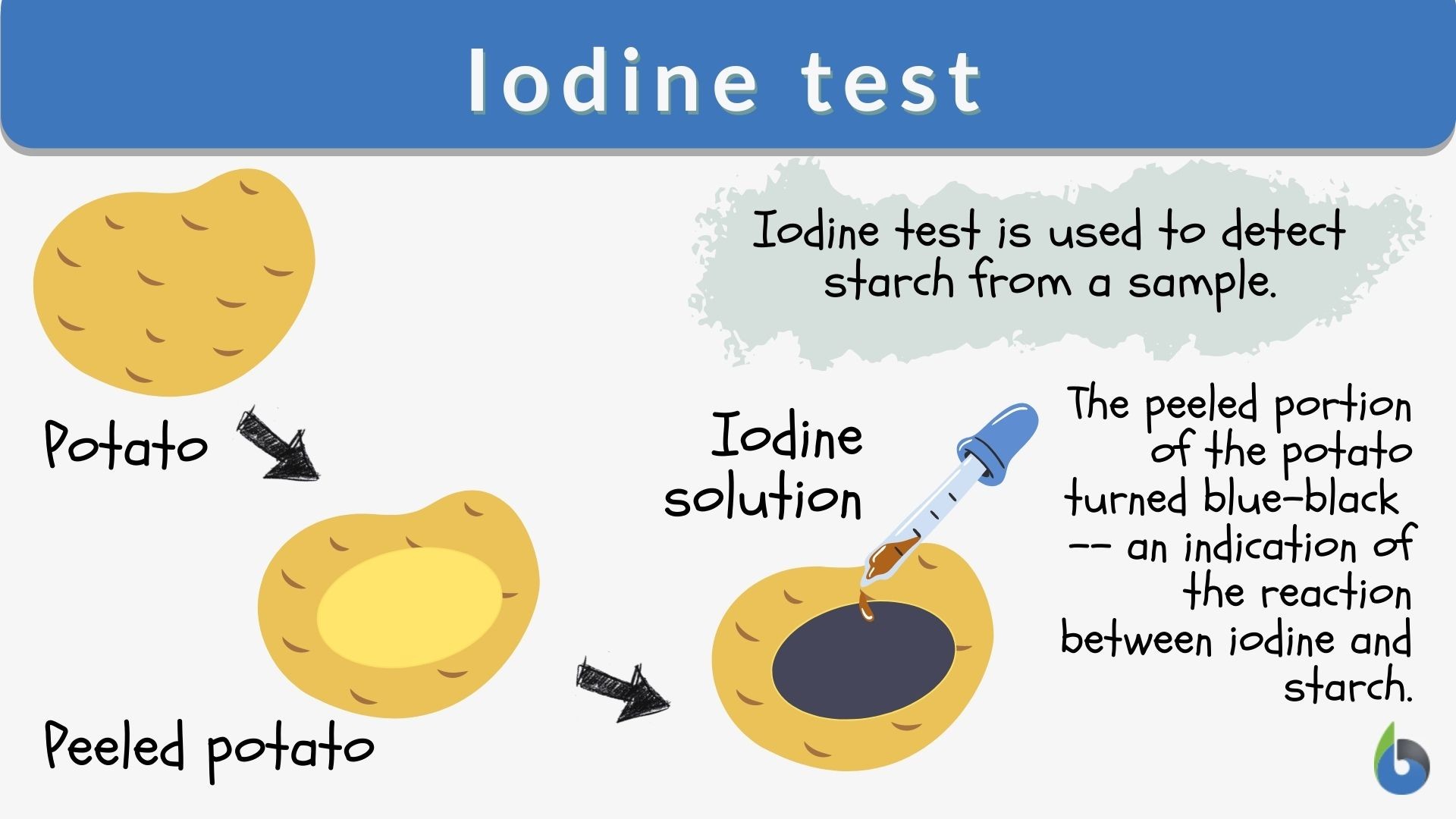


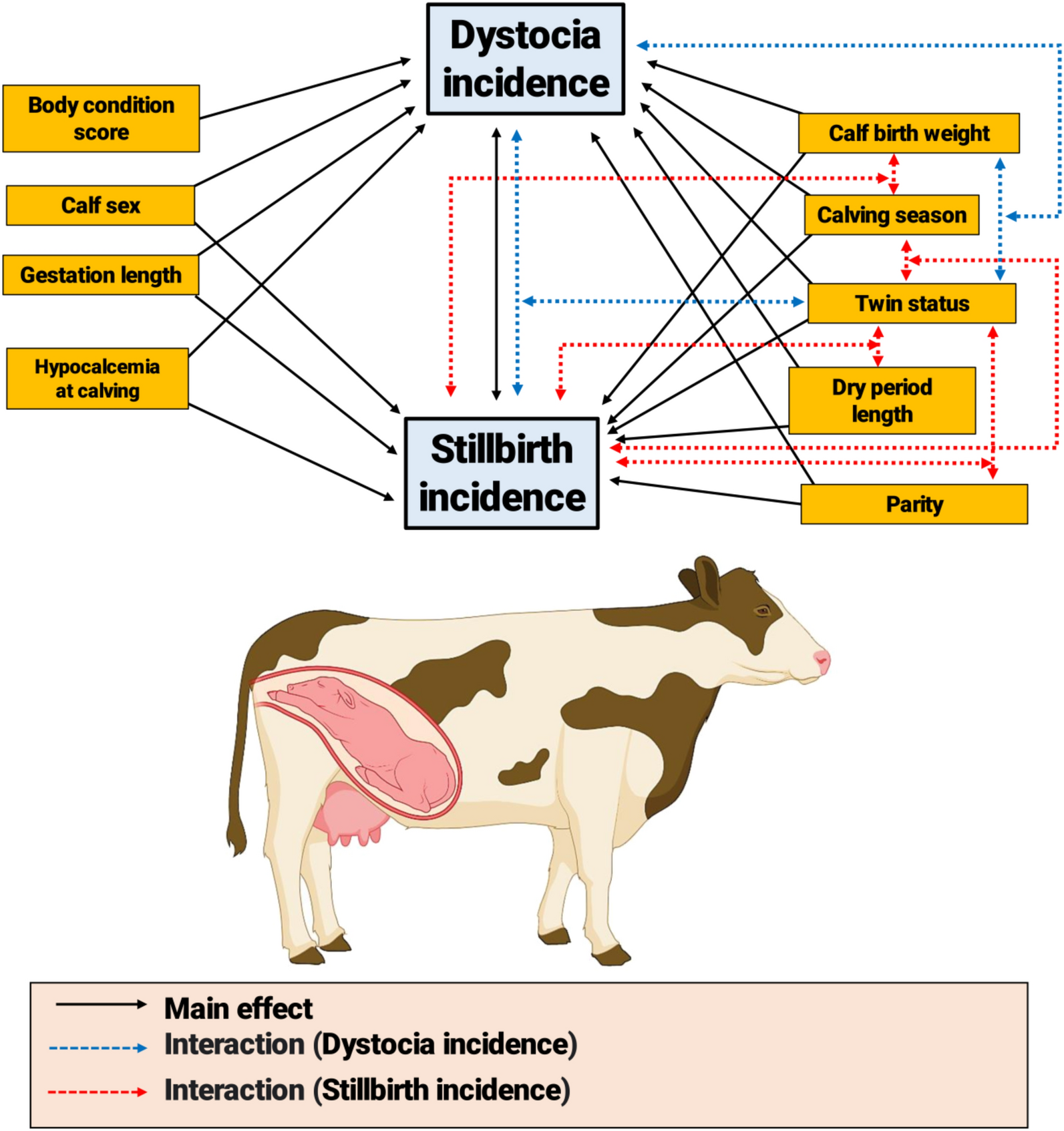

:max_bytes(150000):strip_icc()/sbsminid4-58b59d633df78cdcd874cb99.jpg)
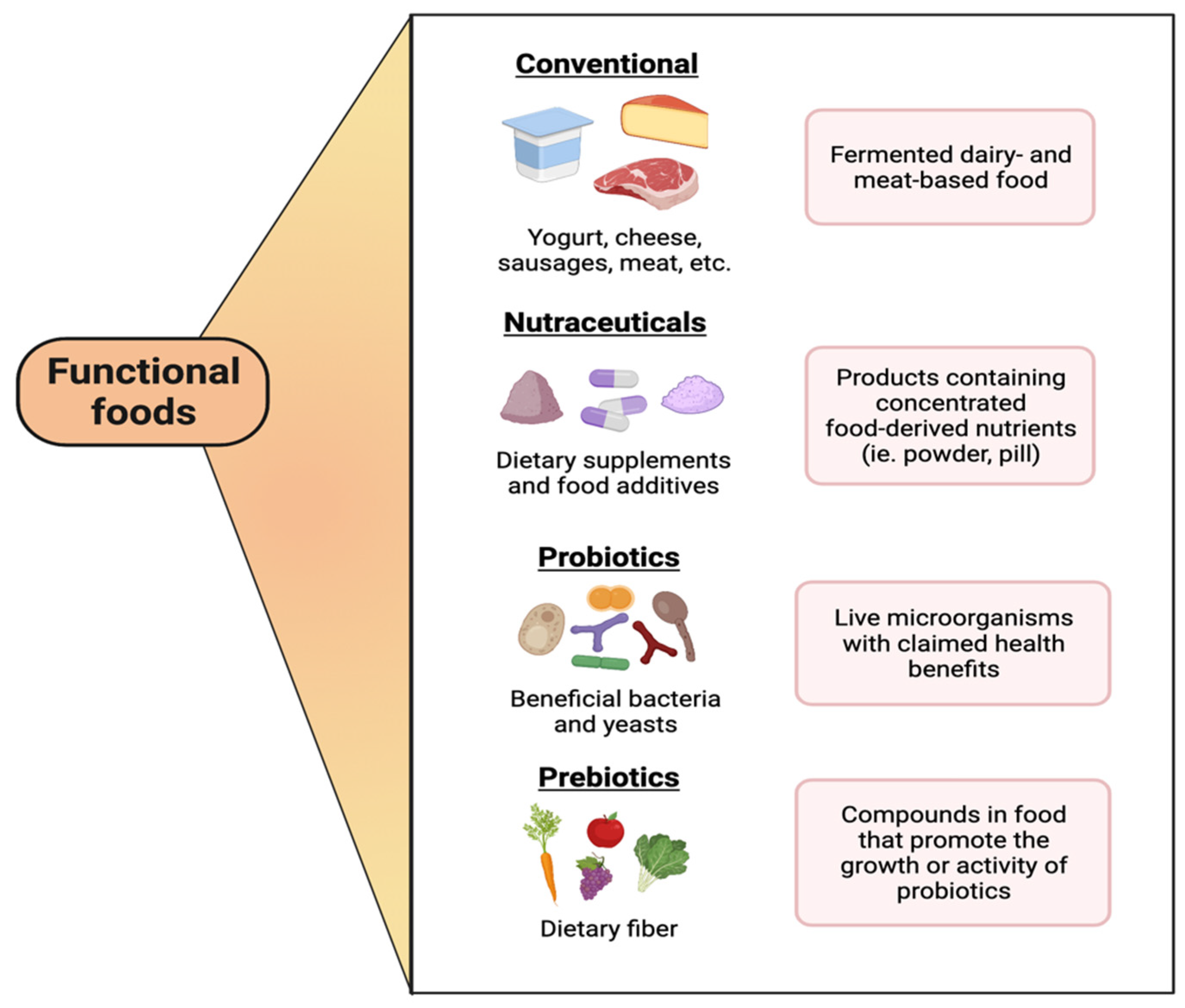






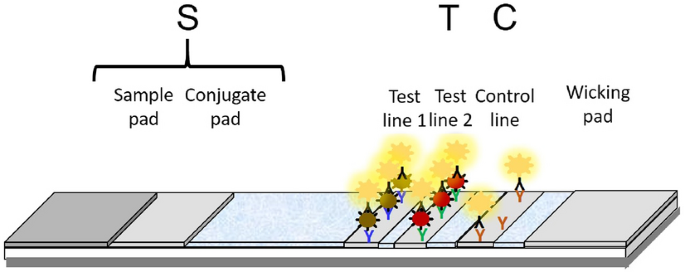

0 Response to "43 identification tests for minerals are based on their"
Post a Comment